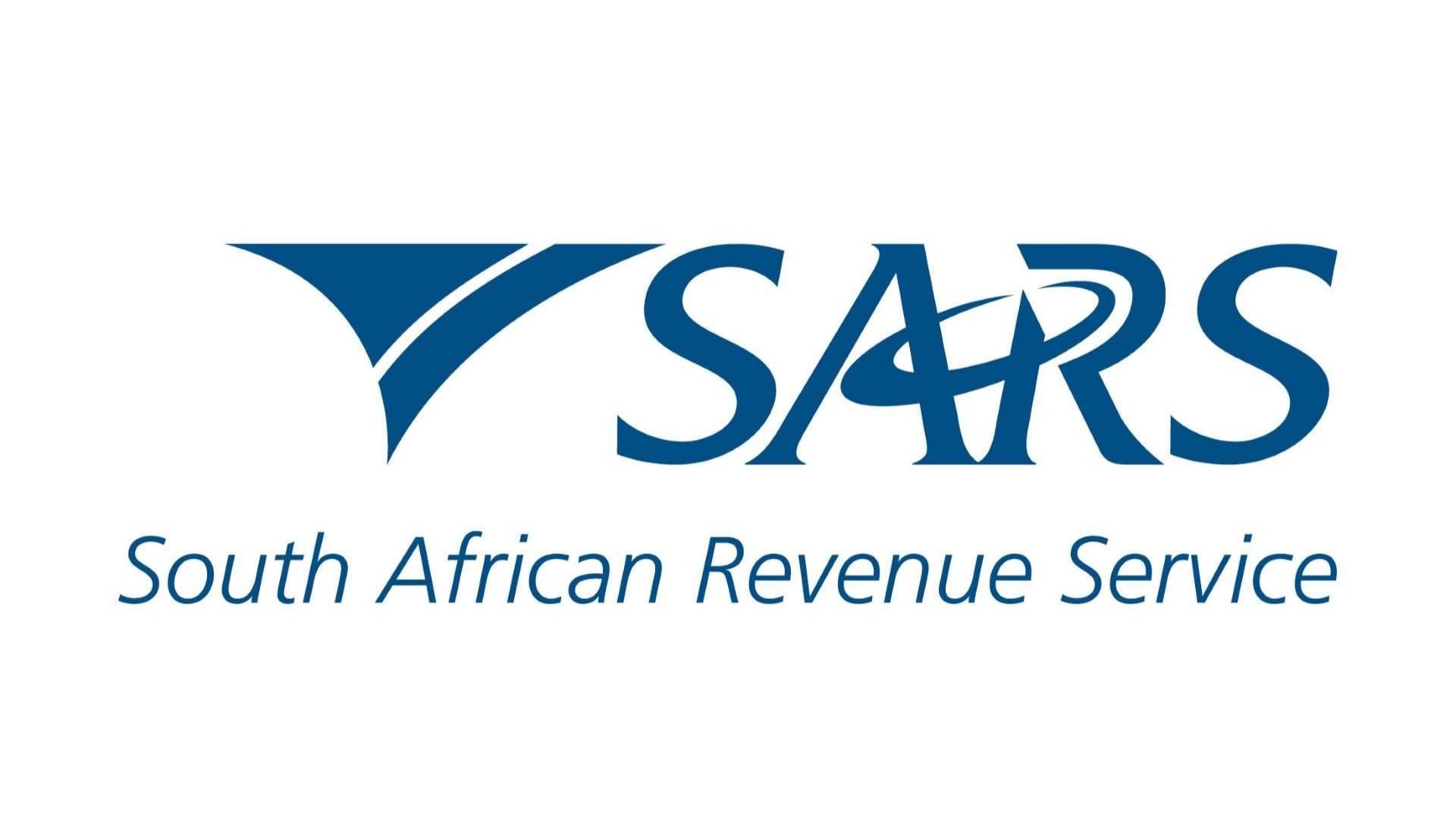Expats are leading a financial revolt in South Africa as people lose confidence in the tax system, claim tax experts.
Even the South Africa Revenue Service commissioner Edward Kieswetter admits collection of taxes is under threat and could starve the government of cash flow to pay for vital services.
The government has already predicted a shortfall of R42.8 billion in tax collections, R15.4 billion more than the R27.4 billion shortfall expected last year.
Kieswetter argues the problem is failing trust in SARS triggering rising levels of tax avoidance and fraud.
“When public trust wanes, as is the current case, taxpayers feel morally justified to withhold or manipulate their taxes,” he said.
“When revenue collection is undermined it traps us in a vicious cycle of revenue decline, as we’ve experienced, and consequently the need to go with begging bowls to borrow money, which effectively mortgages our future.
“If SARS fails, our democracy fails.”
Expat protest
The looming South Africa Expat Tax starting in March 2020 is slated to make the country’s finances even worse.
Thousands of expats are expected to move permanently overseas in protest at the government imposing taxes on their worldwide income of more than RA1 million, wherever they live in the world.
Senior tax attorney Jean du Toit explained small scale revolts like stopping smoking and drinking can deprive the state of tax, but becoming non-resident would really hurt tax flows.
“A more drastic and far more effective, yet legal, act of defiance would be to cease your tax residency, in which case SARS would no longer have a claim to your worldwide income and capital gains,” du Toit said.
Changing financial landscape
“Arguably, it is this manifestation of a tax revolt that is currently most prevalent and the one giving SARS heart palpitations.”
“The expat landscape changed when the amendment to the Income Tax Act was promulgated, which means that, from March 1, 2020, expats would be liable for tax in South Africa on their foreign employment income insofar as it exceeds R1 million,” Du Toit said.
“National Treasury and SARS forged ahead with the amendment, despite being forewarned of the possible consequences.
“This forced the hand of many expats, who have now decided to cease their tax residency, specifically to avoid being caught by the amendment.”
